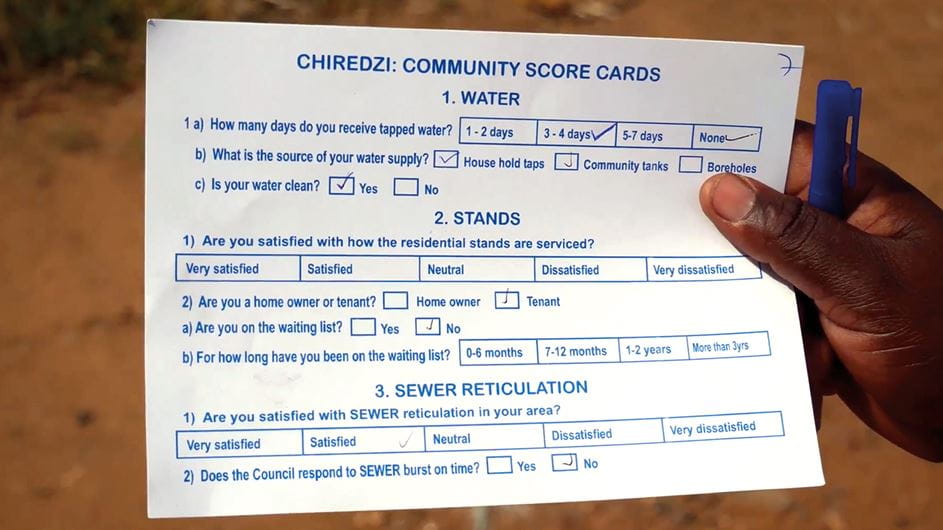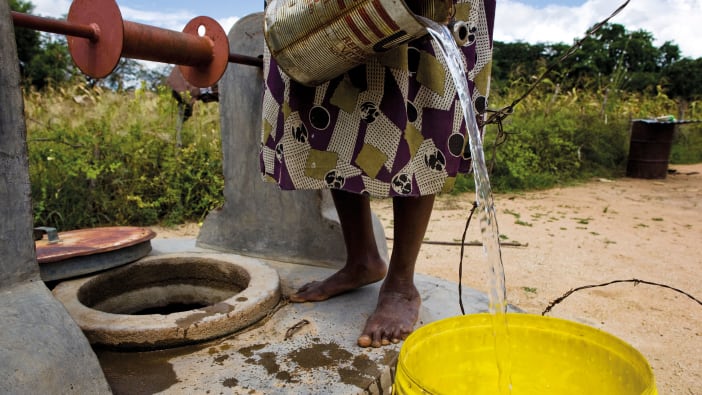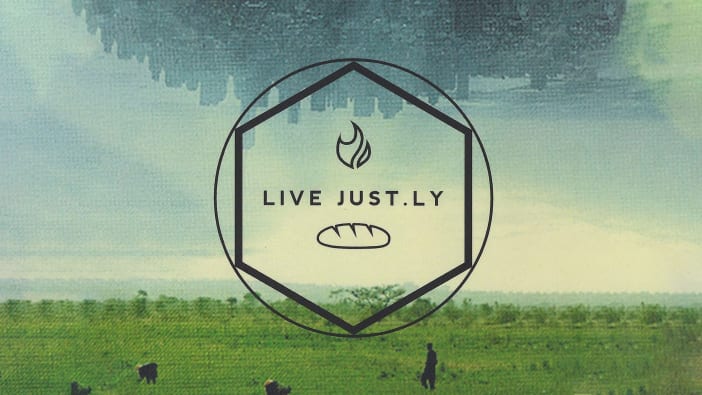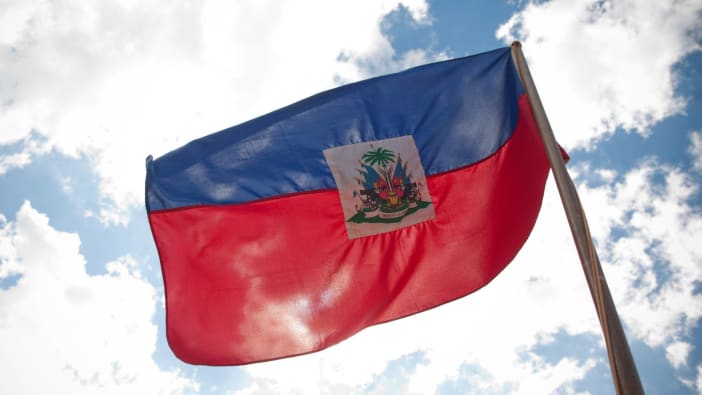Across the world, Tearfund’s local partners are using a participatory approach to poverty alleviation called church and community mobilisation (CCM).
Starting with the Bible, the process inspires and equips churches to work with their local communities to bring positive change.
As the church brings all community members together to discuss challenges and opportunities, they often discover that there is a lot they can do to improve their situation.
For example, communities might decide to use more sustainable farming techniques to reduce environmental degradation. Or they might work together to address social issues such as gender-based violence. Sometimes communities will decide to use advocacy tools to help them achieve their goals.
Tipa Tipa
The church in Tipa Tipa, a village in the Bolivian mountains, was greatly inspired by CCM and they decided that they needed to play a more active role in their community.
As a first step, they facilitated a series of meetings during which everyone in the village had the opportunity to talk about their problems, as well as potential solutions. As a result of these discussions the community decided to take action to improve their water supply.
Recognising that water is a government service issue, the community approached their local authorities with a plan. They asked them to provide a water tank and pipeline network to supply water to all the homes in Tipa Tipa, and promised to provide time and labour for free to help complete the project. After a lot of negotiation the community was successful, and they now have a functioning water system.
Building on this success, church and community leaders were later able to influence the local government annual plan leading to the construction of an effective sewerage system in Tipa Tipa.
Holding governments to account
Governments have a responsibility to create a secure environment where their citizens can thrive. This includes providing access to services such as electricity, water and sanitation, waste management and healthcare facilities.
Governments put in place public policies, plans and budgets to help them deliver the various services. And government officials implementing the plans have an obligation to act in the best interests of society. If they do not do this, they need to be held responsible. This is called social accountability.
To bring the type of change achieved in Tipa Tipa, people need to know how to hold their local authorities to account in a well informed, non-confrontational and constructive manner. They also need to show that they accept that they have important responsibilities. These include obeying the law, paying taxes and taking action themselves to address local problems.
Local churches can play a key role in this by listening to people’s concerns and raising awareness about rights and responsibilities. They can then bring whole communities together to speak out against injustice and call for change.












